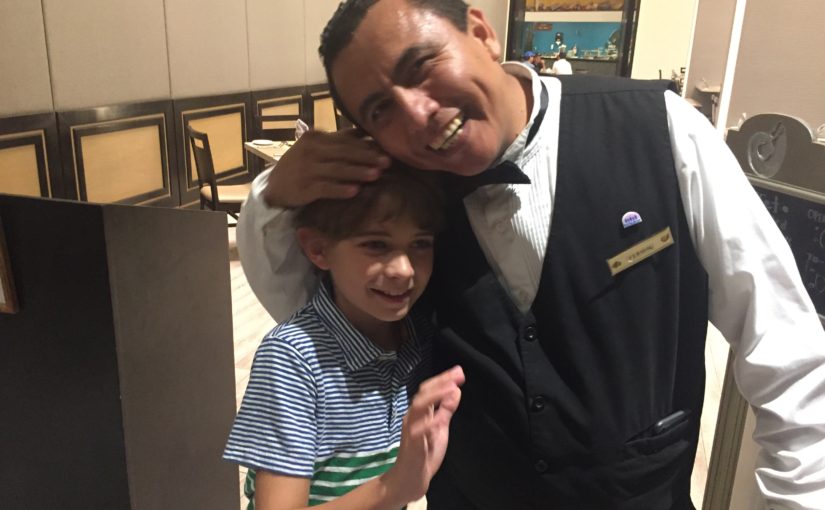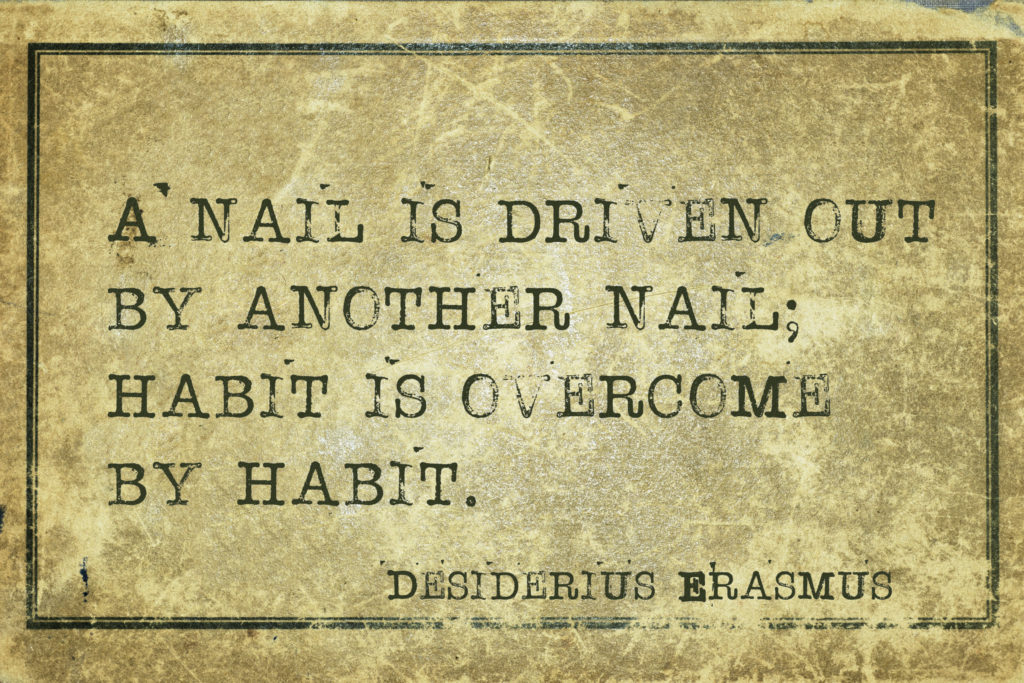Today’s reading: Exodus 13; Luke 16; Job 31; 2 Corinthians 1
March 2nd, 2016
The parable of the shrewd manager can be quite strange at first glance. Only found in the gospel of Luke, here we have a master commending his servant after he steals from him and Jesus telling us to look to the thief’s example:
And I tell you, make friends for yourselves by means of unrighteous wealth, so that when it fails they may receive you into the eternal dwellings. – Luke 16:9
When I read this parable this morning I felt like I was reading it for the first time. I was lost, so I went looking and found a sermon that I have tried to summarize below. For the full version, I encourage you to check it out here: Luke 16 – The Shrewd Manager by Phin Hall.
An overview:
- Lesson; v1-7, story of a clever thief who uses what he’s been given to provide for his future.
- Problem; v8, thieves are more aware and clever about providing for their future than the the saved.
- Solution; v9, be aware that using worldly resources to help people is tied to eternity and be shrewd in this eternal value proposition.
- Incentive; v10-12, treasures in heaven.
- The Root Issue; v13, because these two are fundamentally at odds, you can not serve God and stuff. Do not love stuff, steward it for God.
The Lesson. A manager is tasked to steward his master’s resources. When the master hears that the steward is wasting his resources, he gives fires him. This word ‘wasting’ is the same word used in the Parable of the Prodigal Son, where the son spends all the inheritance on himself. When the manager is told he can no longer steward the resources he is given one last job, to hand over the accounts. True to form the manager, with this last window of opportunity, goes to his master’s debtors and debts them to him. Saying, “quick, take your copy of our records and change $50,000 to $25,000.” And I’m paraphrasing of course but the amounts were thought to be in similar neighborhood in today’s dollars. By doing this the steward again uses his master’s resources to provide for his own future. Ensuring that after he has handed over the account he will have prospects with his new friends.
The Problem. When the master learns that the manager is again using his resources for himself, he calls him in. But instead of the response we might expect, he actually commends the manager. He points to how shrewdly the thief used this last window of opportunity to provide for his own future. We see that the steward feels hopeless and so he contrives and acts on a scheme to lie and steal and cheat his way into a secure future. And the rich man commends him for it. Interesting. Seems odd right? “Fine work ol chap, that was quite the display of thievery. Way to look out for good old number one.” But to understand what is really happening here we need to continue on.
And the lord commended the unjust steward, because he had done wisely: for the children of this world are in their generation wiser than the children of light. – Luke 6:8
And there we have it. Sons of light, the heaven bound, are being reprimanded for being put to shame by the thief. The rich man is commending the traits the thief displayed. The sons of this world do not think of anything but the temporal and here the rich man is saying, boy is he thinking of the temporal well and positioning himself for the temporal well. The dishonest manager had forethought, and cleverness, he leapt at the window of opportunity, he acted swiftly with all he had; and this is what is being commended. The problem is that the heaven bound, children of light, ought to know better. They, knowing of eternity, ought to have forethought enough and be clever enough and spring to action and use all we have been given to store up treasure for ourselves in heaven! If we only applied these characteristics to what has been revealed to us of eternity.
The Solution.
And I say unto you, Make to yourselves friends of the mammon of unrighteousness; that, when ye fail, they may receive you into everlasting habitations. – Luke 16:9
First let us consider that Jesus is not telling us to lie or steal or cheat. Unrighteous wealth is simply worldly resources. The things that will not last. The things that are not to be trusted. The things that will not survive the baptism. The things that will fade away. Jesus is telling us here to use all these little itty bitty things like, money, and status, and knowledge, and power, and ego, and your retirement to make friends. The same way the shrewd manager sprang to action and used everything he had to make friends that would then help him later, we are told to use all the stuff that we have been given to steward to make friends that will testify to our stewardship on the final day. I have come to believe, this is what ‘make friends’ here means. Like a cup that overflows, we are to steward the resources we have been given so that we ensure the cup is filled and then overflows. That the overflow is to be used to make friends. To help those who need help.
The Incentive. Be a faithful steward with little and you will receive much. Be a faithful steward with the things that will pass away and you will receive heavenly treasure that won’t. All throughout the Bible God is incentivizing us to receive a reward. The gift of salvation is freely given and can not be earned but there is indeed something more that I believe God desires us to earn. This offer God makes us to earn heavenly treasures is so important. God cries out to us time and time again in scripture, imploring us to hear for our own sake; that we might come to work for Him; that the cup may overflow and that the good work might be done.
In the past, when the topic of heavenly rewards has come up in conversation I have been foolish and said something of the sort. “I just want to be with Jesus.” As if wanting anything more was selfish or somehow wrong. And while it may have sounded super spiritual, I believe it came from my being deceived. God save me. How foolish it was of me. Thank God for His word!
“Rejoice, and be exceeding glad: for great is your reward in heaven” (Mat 5:12a). “But lay up for yourselves treasures in heaven” (Mat 6:20a). “And thy Father which seeth in secret himself shall reward thee openly” (Mat 6:4b). “For the Son of man shall come in the glory of his Father with his angels; and then he shall reward every man according to his works” (Mat 16:27). “Know ye not that they which run in a race run all, but one receiveth the prize? So run, that ye may obtain. And every man that striveth for the mastery is temperate in all things. Now they do it to obtain a corruptible crown; but we an incorruptible” (1 Cor 9:24-25). “And, behold, I come quickly; and my reward is with me, to give every man according as his work shall be.” (Rev 22:12)
Let us have a look at this from another perspective in hope it will shed some light. Imagine a you sees a man on street, homeless, broken and without hope. You invite him in, offering him shelter, warmth, food and friendship. There is nothing the homeless man can do to earn being these things you are offering him; he has no money to pay you. This is freely given and freely received. But then, in due time, you say to him “I have some work for you. If you would look after the lawn and clean up a bit around here, I will pay you generously.” How would you feel if this were the man’s response, “Oh, I don’t want to make any money, I don’t want to earn anything or do any work, I just want to be with you.” What?!? This would be an unthinkable response, would it not?
But the question is, what is your response to God’s call to do His good work?God is offering us good work with good payment. Take hold of your temporal resources, grow them, and use the overflow to help people in need. Perhaps even draw them nigh to Him. Be shrewd to this end. Have you accepted the job God is offering you? What are your goals and plans with this job? What does your eternal retirement look like?

The root issue. In closing Jesus tells us what this parable is all about; that we can not serve God and mammon, often translated as money. Mammon is all the stuff. All the temporal stuff we looked at before that will not last. All the stuff that in the past I have been mislead to believe I own. When in fact, I will never own anything until, God willing and by His grace and by the shrewdness He affords me, I receive my reward. These two things are fundamentally at odds. The love of stuff is at odds with God’s work plan for his job opening.
God would you help us? We need you LORD. Would you help us to be good stewards with the resources you have given us? Would you help us store up heavenly treasures and accept all Your good works with shrewdness? God would you bless us indeed and increase our territory, that Your hand may be with us always and keep us from evil? Would you protect us from the deception to trust in mammon. Thank you God! Amen.






